A-rated homes have the potential to save residents hundreds of pounds a year on their energy bills, but it’s not yet clear whether London new-build buyers are prepared to pay a house price premium to live in one.
There simply haven’t been enough EPC A-rated new residential developments to tell, and in London, where properties with an A rating make up only 0.1 per cent of all housing stock, those that have been built are mostly located in outer London where values are comparatively low.
But arguably there’s more to being green than energy efficiency alone. A green premium has always been difficult to quantify not just because there are so few 'green' development case studies in the market, but also because of confusion around what it really means.
Typically the perception among developers is that greener schemes, and the associated increase in build costs, don’t translate directly into higher sales values. But this view is restricting and outdated.
When the comparative greenness or sustainability of a development is considered more holistically, and not just related to the energy efficiency of the building fabric, then there is evidence that more sustainable developments can see improved sales rates against local competition.
In this context, sustainability can relate to things such as the green spaces and biodiversity provided within new build developments, or the focus on health and wellness facilities, and improvements in social value and community.
Looking to the future, given that those leading the way in buying A-rated homes in London are generally younger than in the country at large (aged 31-45, most of them without children, compared with 41-60-year-olds with children), as this environmentally conscious generation gets older so its purchasing power will increase. That means that in one way or another, more Londoners will be able to afford homes that allow them to minimise their carbon footprint.
Savills recognises real estate is responsible for 40 per cent of carbon emissions and, to coincide with COP26, it is launching its latest research examining how the sector is adapting to meet climate change challenges. Savills is committed to achieving net zero carbon in its operation by 2030. Through Savills Earth it brings together the expertise of more than 100 specialists to support and advise clients on their sustainability, energy and carbon strategies. Visit Savills Earth to find out more.
Further information
Contact Dan Martin or Gaby Foord
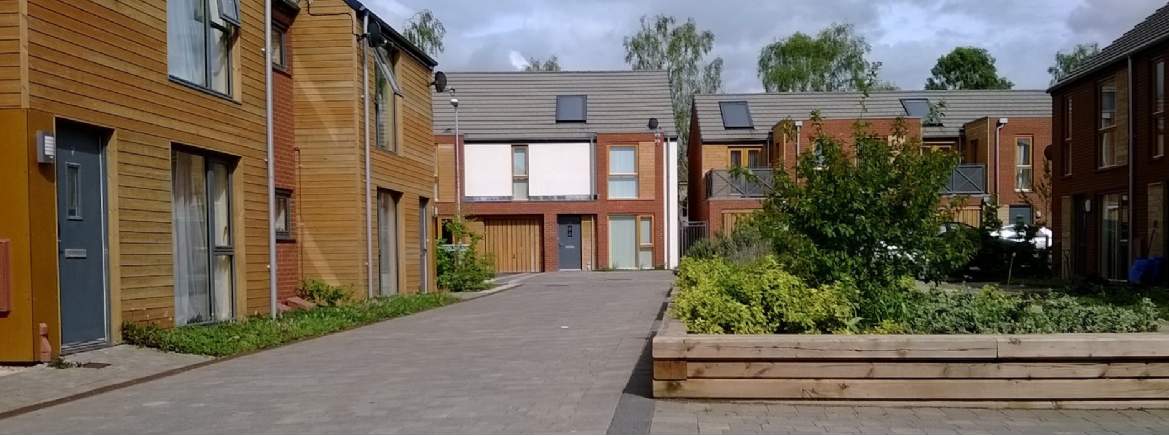
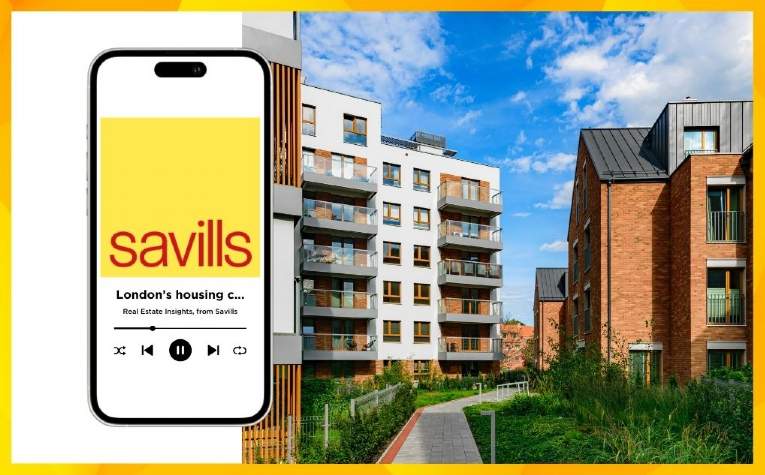
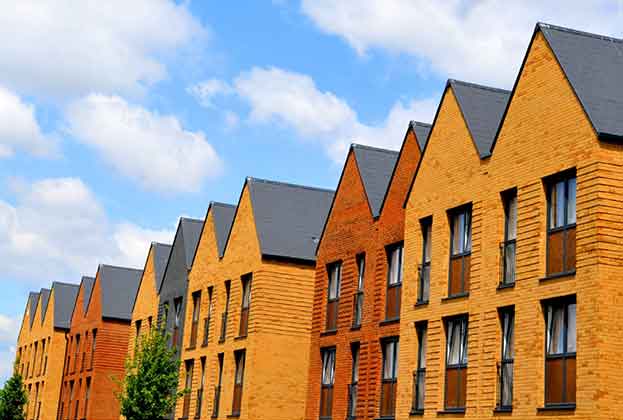
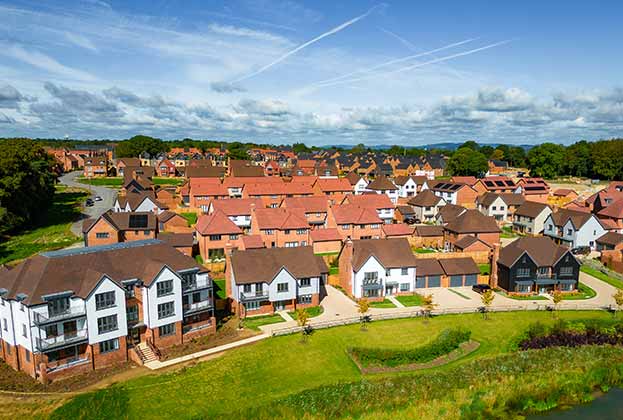
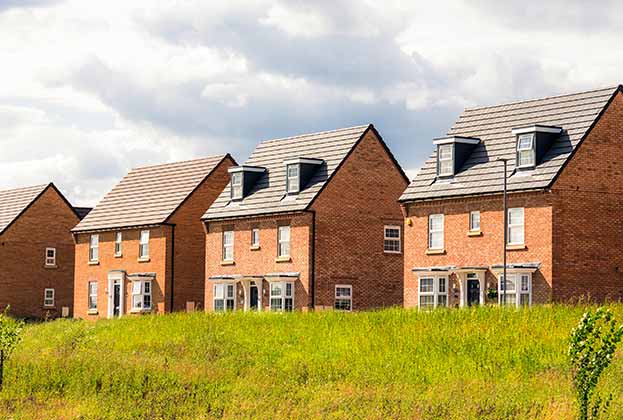
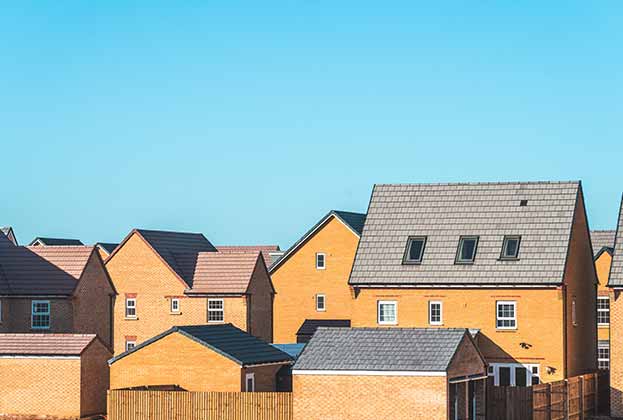
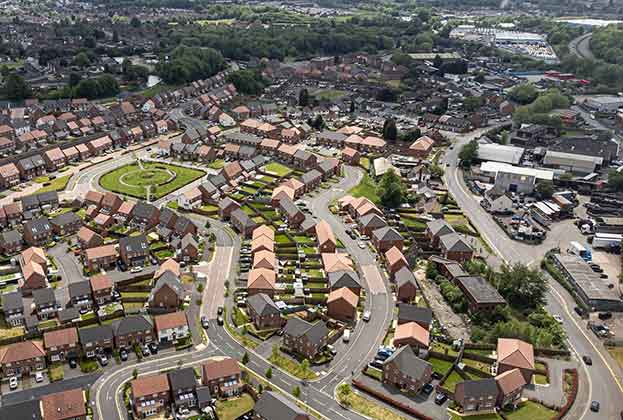

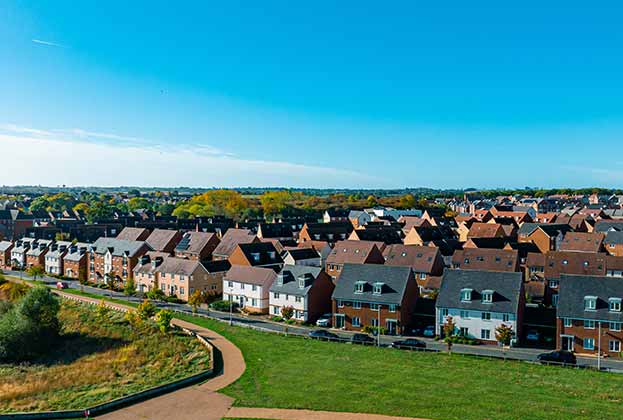
.jpg)
.jpg)